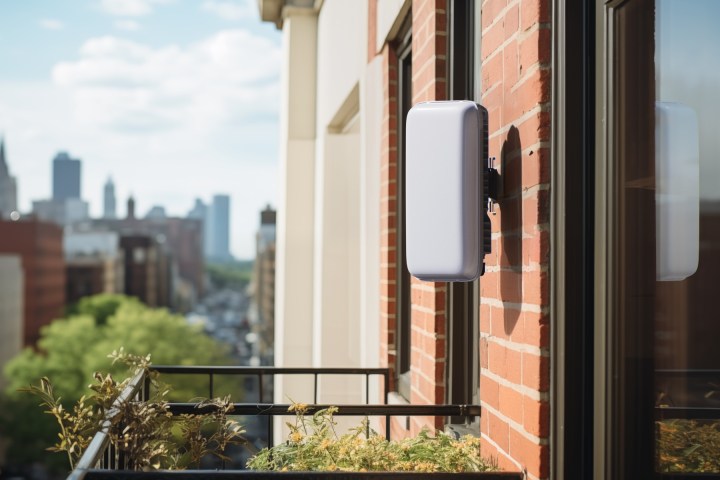
Nova Labs, the company that pioneered the “people-powered” Helium Network, has just announced a wallet-friendly new plan under its Helium Mobile brand that offers unlimited data, talk, and text for only $20 a month.
The no-contract plan provides nationwide 5G access primarily through its own Helium Mobile Network that’s backed up by “the nation’s largest 5G network” — T-Mobile. This allows the carrier to provide full 5G coverage at much more affordable prices than traditional carriers and Mobile Virtual Network Operators (MVNOs).
In addition, Helium Mobile is sticking with a bring-your-own-device (BYOD) policy that gives subscribers the freedom to use any compatible phone of their choice and reduces the overhead involved in contracts and phone financing.
“Traditional carriers think they have Americans over a barrel. At Helium Mobile, we believe that cell phones are an essential service and unlimited data, text, and calls are table stakes,” Amir Haleem, CEO of Helium’s parent company, Nova Labs, said in a cpress release. “We are tired of carriers that hide high subscription rates, roaming, and additional data fees behind free phone upgrades that lock you into years of expensive plans. Americans deserve better.”
How Helium Mobile works

Nova Labs initially built the Helium Network as an effectively crowdsourced project that relied on mobile Helium hotspots to create a decentralized wireless (DeWi) network organically built on leveraging existing internet connections of those folks who were willing to purchase and carry a hotspot, which Helium Mobile says allows it to “pursue the community vision of democratizing access to the internet.”
To fuel the growth of the Helium Network by encouraging people to deploy Helium Hotspots, Nova Labs relied on the power of cryptocurrency to reward hotspot owners for participating. The approach was lauded by The New York Times last year for its unique way of leveraging crypto; however, the mobile operator has since moved over to a more traditional rewards system that can be applied to customers’ phone bills.
As widespread as the Helium Network has become, it hasn’t quite reached the point where Helium Mobile can provide ubiquitous coverage, so it’s also entered into an MVNO arrangement with T-Mobile to provide 5G service when there are no Helium Network hotspots nearby. This not only expands coverage, but also increases network performance by using T-Mobile’s fast and expansive 5G network for additional capacity. The company calls this “Dynamic Coverage.”
Helium Mobile’s “unlimited” service comes with the usual disclaimer: data speeds may be reduced after 30GB of usage per monthly billing cycle. Tethering is also limited to 5GB per month. The company doesn’t say how much speeds will be slowed down, but it’s likely to remain enough to maintain basic connectivity for email, messaging, and casual web surfing, similar to other carriers.

While we imagine most folks will be interested primarily in Helium Mobile’s unlimited plans, the company’s Network Builder program allows you to be part of the “people-powered” network by operating your own Helium Mobile hotspot. In addition to getting rewards that could add up to free cellular service, you get to build a network that’s operated by “customers, not carriers.” Helium Mobile likens this to Airbnb and Uber, saying that it helps “reduce monopolies and lets customers be owners,” improving service and lowering costs.
Helium also hopes that this could make dead zones a thing of the past since anyone can invest in a hotspot and place it where it’s most needed, creating a “mini cell tower” to cover areas that may not be a priority for the big carriers. The company offers two versions of its hotspot at even lower prices than when they initially launched; the Outdoor Helium Mobile Hotspot sells for $499, while the Indoor Helium Mobile Hotspot can be purchased for $249.
Editors' Recommendations
- Verizon just took a huge leap ahead in the 5G race
- This new MediaTek chip is about to bring 5G to a lot more devices
- T-Mobile still has the fastest 5G, but its rivals are catching up
- T-Mobile’s huge lead in 5G speeds isn’t going anywhere
- The 5G speed race is over and T-Mobile has won




